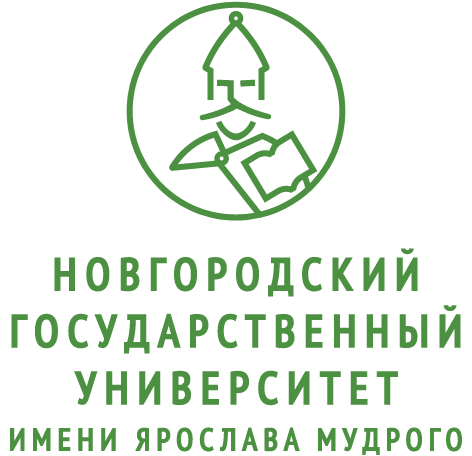Когнитивное пространство художественного текста
DOI:
https://doi.org/10.34680/VERBA-2023-3(8)-8-22Ключевые слова:
художественный текст, проза, поэзия, русский язык, когнитивное пространствоАннотация
В статье рассматривается проблема когнитивной интерпретации художественного текста в сопоставлении текстов прозаического и поэтического. Для анализа избрано стихотворение З. Гиппиус «Две» и рассказ Н. Тэффи «Подлецы». Анализ предваряется изложением основных положений когнитивной поэтики, среди которых наиболее важными можно считать утверждение о том, что художественный текст оказывается спусковым механизмом, порождающим знания, которые связаны с автором, читателем и художественным дискурсом. При этом существенно различие прозаического и стихотворного текстов, в которых обнаруживаются разные модусы неязыкового существования события: в прозе «события» – высказывания, которые выстраиваются в линейную последовательность и не предсказывают друг друга; в стихе же «событие» – стихотворная строка, предсказывающая форму следующей строки. Анализ стихотворения З. Гиппиус с учетом иных ее текстов приводит к выводу, что в его когнитивном пространстве главные концепты любви – земной и неземной, а основный прием формирования этого знания – референциальная многозначность. Анализ рассказа Н. Тэффи показывает, что в прозе работают другие механизмы формирования знаний, в частности, прямая речь персонажей, отражающая их языковую личность и отношение к вопросам любви как приключений и женского поведения как сделок с мужчинами, которые всегда оказываются подлецами. Написанные в одно время, анализируемые тексты демонстрируют различие не только творческих принципов авторов, но и различие прозы и поэзии. Результаты исследования демонстрируют возможности когнитивной поэтики, которая становится важным направлением изучения художественного текста, как прозаического, так и поэтического.
Скачивания
Загрузки
Опубликован
Как цитировать
Выпуск
Раздел
Лицензия
Copyright (c) 2023 Verba

Это произведение доступно по лицензии Creative Commons «Attribution-NonCommercial» («Атрибуция — Некоммерческое использование») 4.0 Всемирная.








